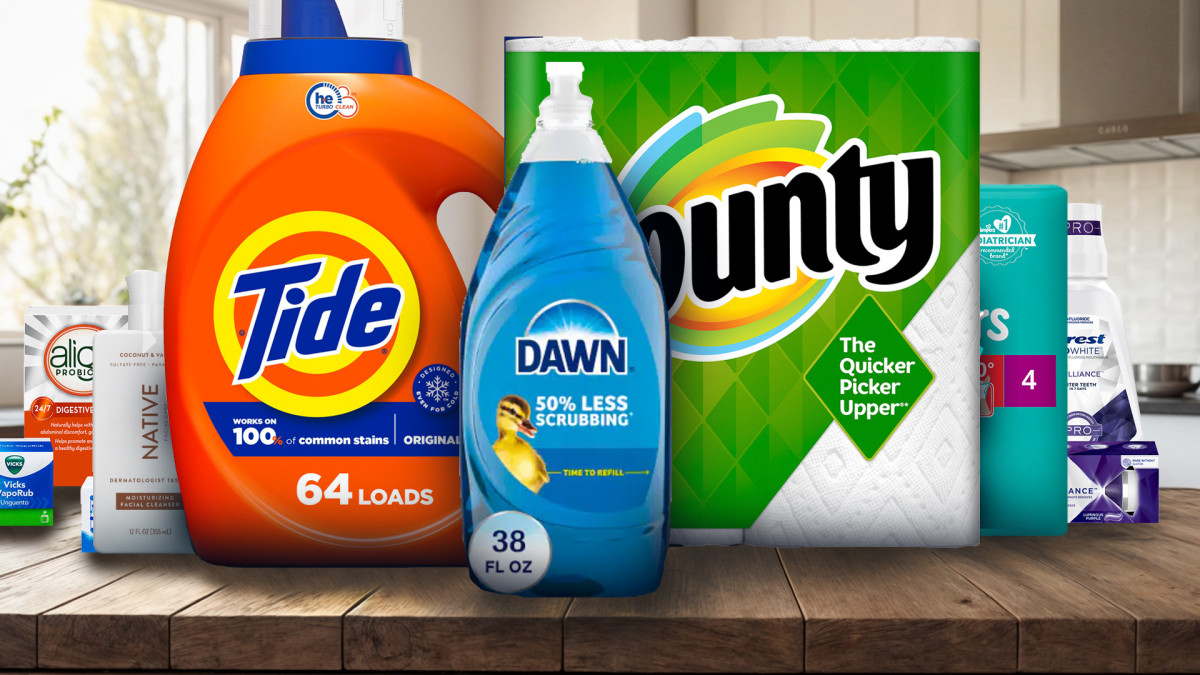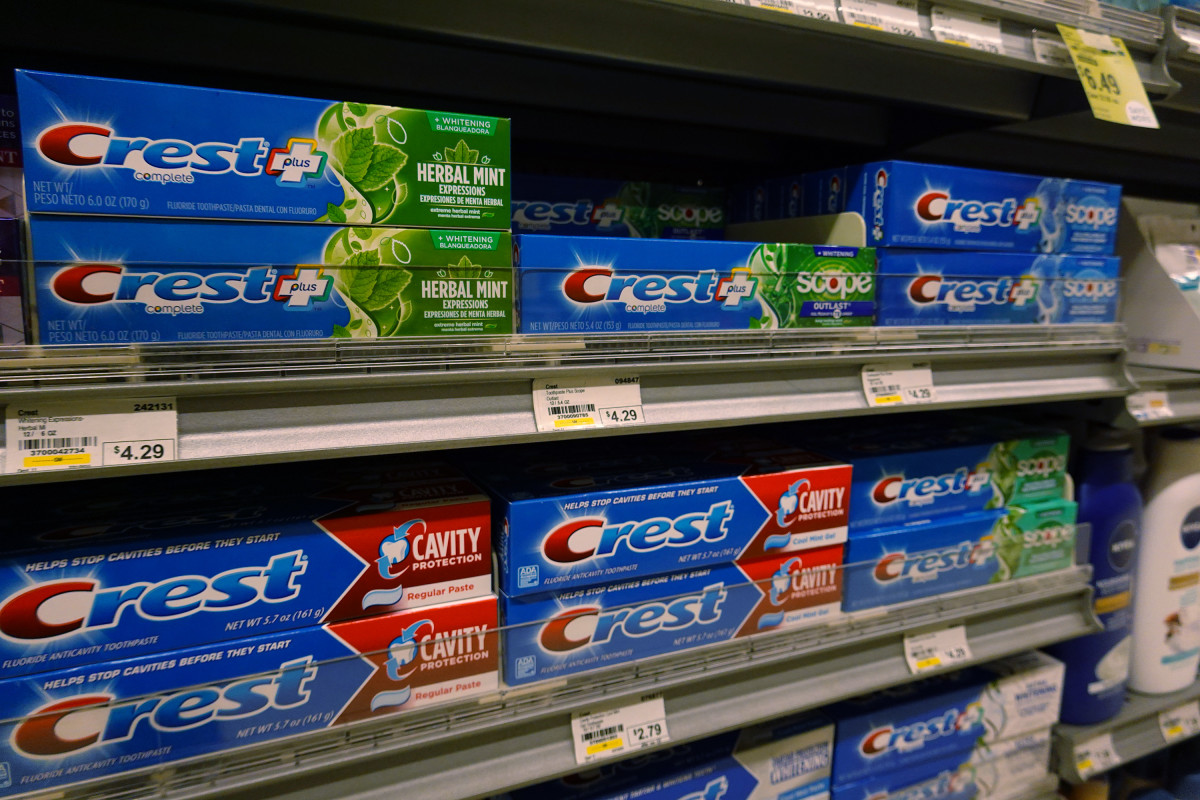
Procter & Gamble (PG) , which owns popular brands such as Bounty, Tide, Dawn and Crest, is the largest consumer goods company in the world. Recently, it profited from a slight increase in consumer demand for its products.
In its second quarter fiscal year 2025 earnings report, P&G revealed that its net sales increased by 2% year over year, citing organic sales growth in categories such as beauty, health care, home care, etc. The company’s operating income, which is its profit after expenses, also increased by a whopping 30% year over year.
💰💸 Don't miss the move: Subscribe to TheStreet's free daily newsletter💰💸
As P&G benefits from heightened consumer demand, its chief financial officer, Andre Schulten, issued a stern warning about the company’s future pricing.
Related: 5 major retail chains that threatened to raise prices in 2025
Shortly after Donald Trump was sworn in as president of the United States on Jan. 20, Trump revealed that he will be imposing 25% tariffs on all goods imported from Mexico and Canada, and 10% tariffs on imports from China, starting on Feb. 1.
He first teased this policy during his campaign trail speeches last year, where he first initially vowed to impose tariffs of 60% to 100% on all goods coming from China and 10% to 20% on goods imported from all other countries.
Tariffs are taxes companies pay to import goods from overseas, and often, the extra costs are passed down to consumers, resulting in higher prices for goods and services.
P&G eyes a controversial move
During a recent call with reporters, Schulten said that P&G, which has manufacturing operations in the U.S., Canada, Mexico and China, is equipped to handle Trump’s tariffs.
“Whatever the administration decides to do, we will be able to deal with,” said Schulten during the call.

However, he said that the company will first attempt to cut costs in order to help lessen the blow of the extra expenses it may face from tariffs, and it may require more money from consumers’ pockets.
“What we can’t offset with productivity, it might result in incremental pricing,” added Schulten.
Related: TJ Maxx says a controversial Trump policy will help it succeed
He also stated that the company has “formulation flexibility,” which means that it can adjust the ingredients in its products if tariffs make them too expensive to obtain or unavailable.
Consumers have grown frustrated with price increases
The potential move from P&G comes after it has increased prices for its products by at least 1% for several financial quarters. The price hikes came during a time when the annual inflation rate in 2024 was at 3.2%, which added extra strain on consumers’ wallets.
Consumers have also recently flagged that P&G has even shrunk some of the sizes of its products but not the prices, a practice called "shrinkflation."
View the original article to see embedded media.
P&G’s response to Trump’s tariffs mirrors several other major retailers such as Walmart, AutoZone, Best Buy, Dollar Tree and Costco, who all also warned consumers that their prices may increase as a result of the upcoming policy.
Increasing prices for products and services may backfire for some companies as many consumers across the country have grown sick and tired of price hikes and have opted to change their shopping habits in order to save money.
More Retail:
- Dollar Tree issues stern warning about its pricing
- Foot Locker sounds the alarm on a concerning customer behavior
- Amazon accused of concealing a major change to Prime delivery
According to a survey from R.R. Donnelley & Sons Co. last year, 88% of consumers said that they have grown frustrated with hiked prices in categories such as groceries, gas, and restaurants. Also, 35% of consumers said that they have even switched to buying private-label store brands instead of name brands in an effort to save money, while 37% said that they purchase fewer items when shopping.
Related: Veteran fund manager issues dire S&P 500 warning for 2025







